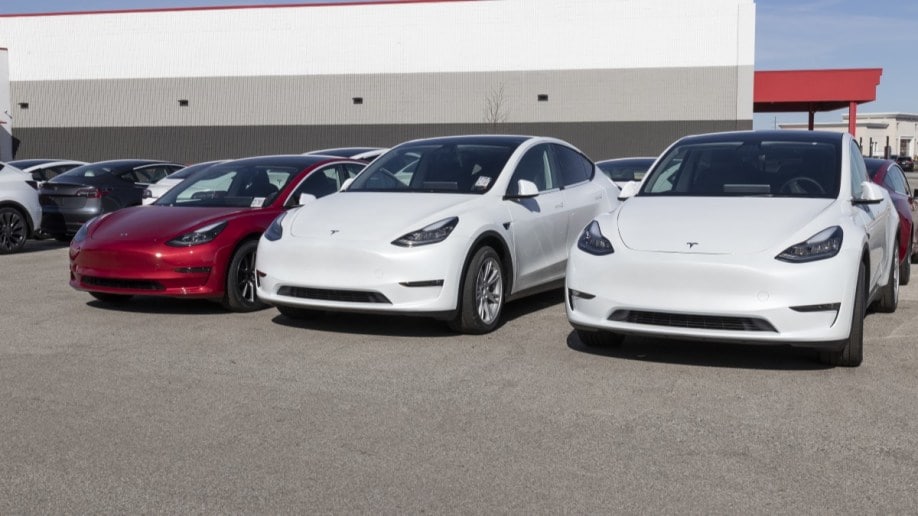
Total new vehicle sales fell 8% in 2022. But electric vehicle (EV) sales grew by a shocking 65%, according to Kelley Blue Book parent company Cox Automotive.
Fully 5.8% of the new cars Americans bought were electric, up from 3.2% in 2021. Total EV sales topped 800,000 for the first time.
At least one study has suggested that 5% is a tipping point, after which sales speed up.
Cox Automotive is forecasting 1 million EV sales in the U.S. for the first time in 2023, which will push EV share higher. With new government-backed incentives and fresh products set to launch, passing 1 million is all but guaranteed.
As the pie grows, the market leader’s piece of it is shrinking. Tesla’s market share was more than 70% in the first quarter of 2022. It fell to 58.3% in the fourth quarter.
Tesla faces significantly more competition than ever before. Nearly every automaker now offers an electric car. Rival EVs regularly grab praise and headlines. Last week, for instance, the Kia EV6 won the 2023 North American Utility Vehicle of the Year award, while the Ford F-150 Lightning won 2023 North American Truck of the Year.
EV prices remain well above the price of the average new car. But the two lines on the graph are on a path to meet.
The price of the average new car rose last month, ending 2022 at $49,507. The price of the average EV fell 5.5%, ending the year at $61,448. That remains high but is now lower than the cost of the average luxury car, which stood at $66,660 in December.







